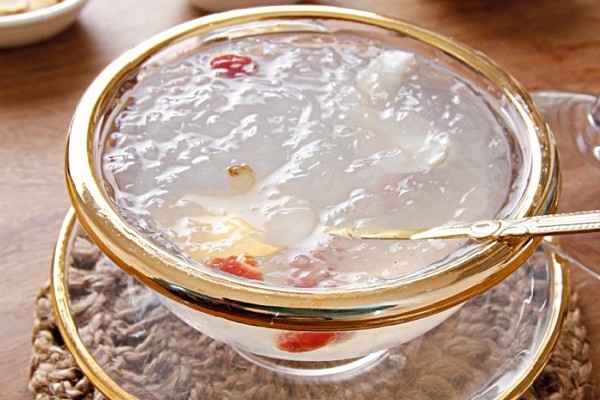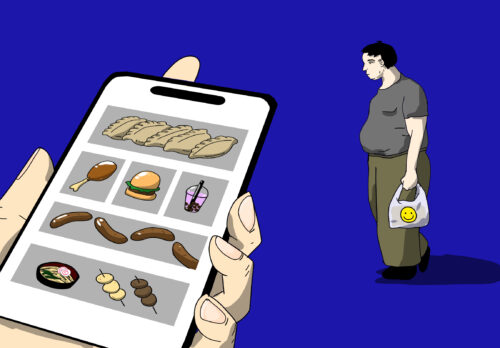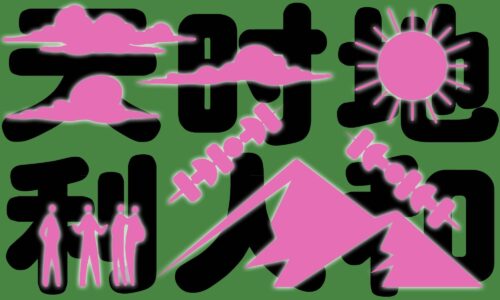Edible birds’ nests: Nutritional delicacy or overpriced hoax?
Edible birds' nests: Nutritional delicacy or overpriced hoax?


Recent Chinese media reports have debunked the claimed health benefits of various “nutritional” supplements like caterpillar fungus, a.k.a. Himalayan Viagra (冬虫夏草 dōngchóngxiàcǎo), and donkey-hide gelatin (阿胶 ējiāo), and Chinese customers’ skepticism toward these products is growing. Edible birds’ nests, another traditional Chinese medical treatment, are at the center of a new debate regarding their alleged health benefits.
On the one side is Ccreport, an independent Chinese media outlet dedicated to exposing fake science and exaggerated claims about products ranging from detergents to vegetable oil. In a recent article (in Chinese), Ccreport sets its sights on precooked edible birds’ nests, often branded as luxury skin care panaceas.
Ccreport tested six brands of canned birds’ nests and found that they are mostly made of syrup and water. “These products have very little nutritional value. The percentage of sialic acid and protein in them is even far less than that in eggs and milk,” the article says. “We don’t recommend them to consumers because they do little for your health.”
The conclusion, unsurprisingly, infuriated a group of edible birds’ nests companies backed by an organization called Edible Bird’s Nest Committee of China Agriculture Wholesome Markets Association (EMBC). It responded to the article in an interview with the Beijing Youth Daily, saying that it’s “scientifically valid” to sell expensive cans with only 3 percent of edible birds’ nests and that the nutritional values of edible birds’ nests depend mostly on sialic acid rather than on protein: “If we compare only sialic acid, 1 kilogram of edible birds’ nests is equal to 40 eggs.”
The response simply generated more ridicule about the association’s questionable authority and doubts about edible birds’ nests’ health benefits. “Do we have a national association representing egg products? You should speak up,” an internet user wrote (in Chinese). “A bottle of water equals 100 eggs in terms of the water component. Is it fair to say water is more nutritional than eggs? We are not fools,” another commenter stated.






